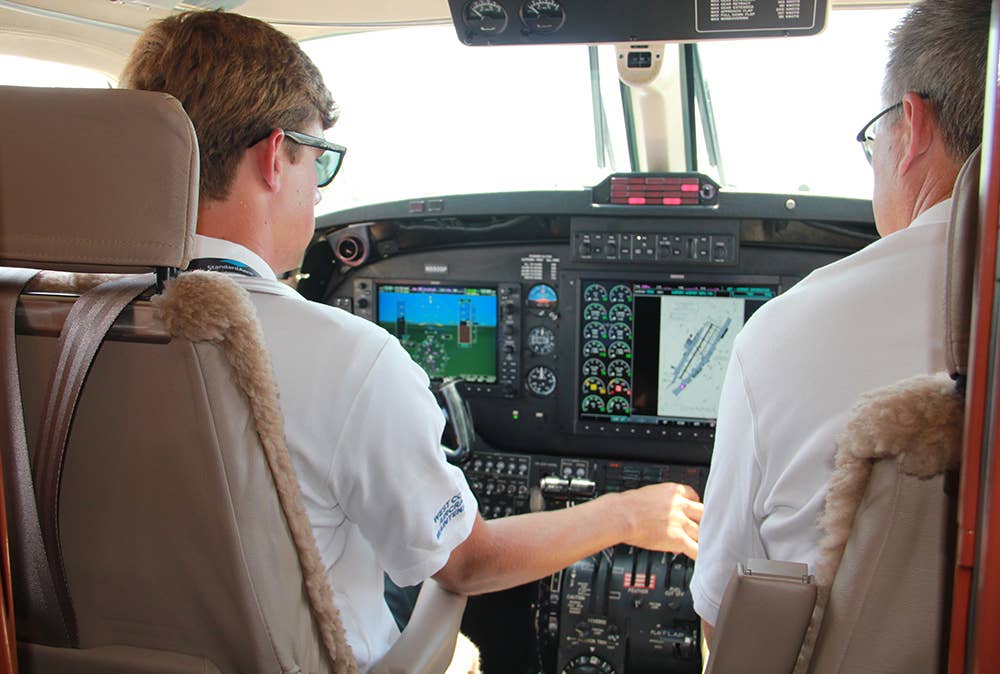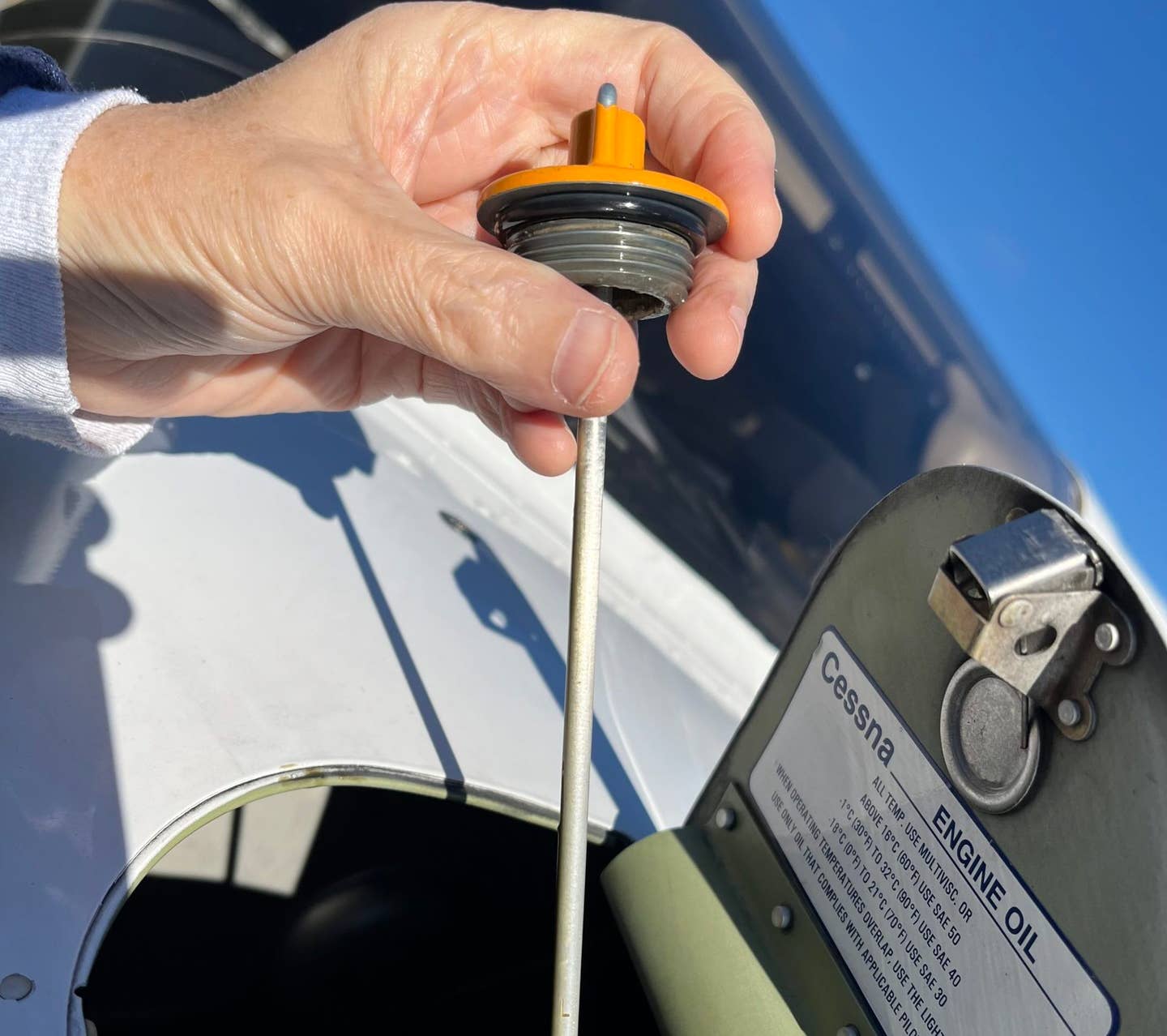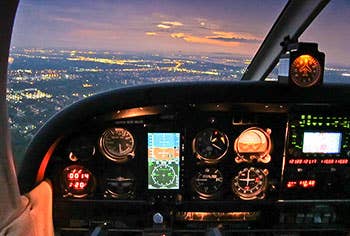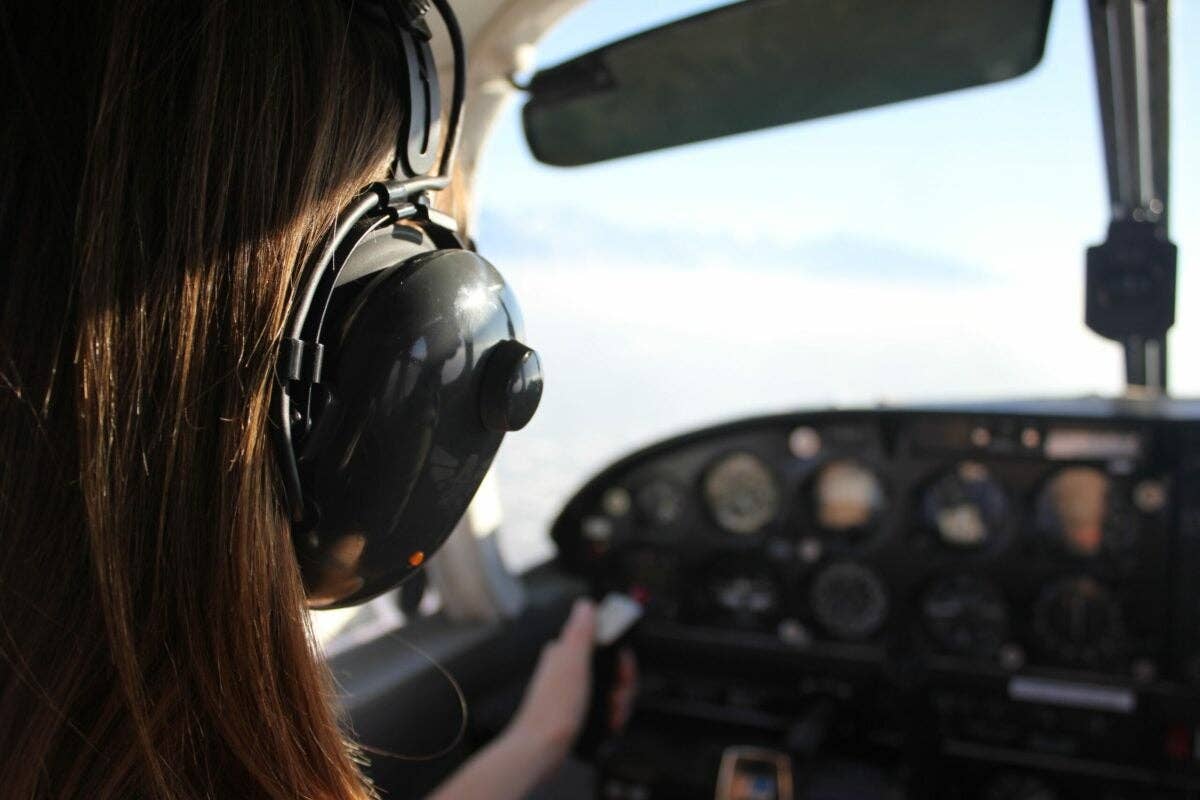Looking to Be a Corporate Pilot? The Playbook Starts Here
What should freshly qualified pilots consider if they’re looking to go corporate?
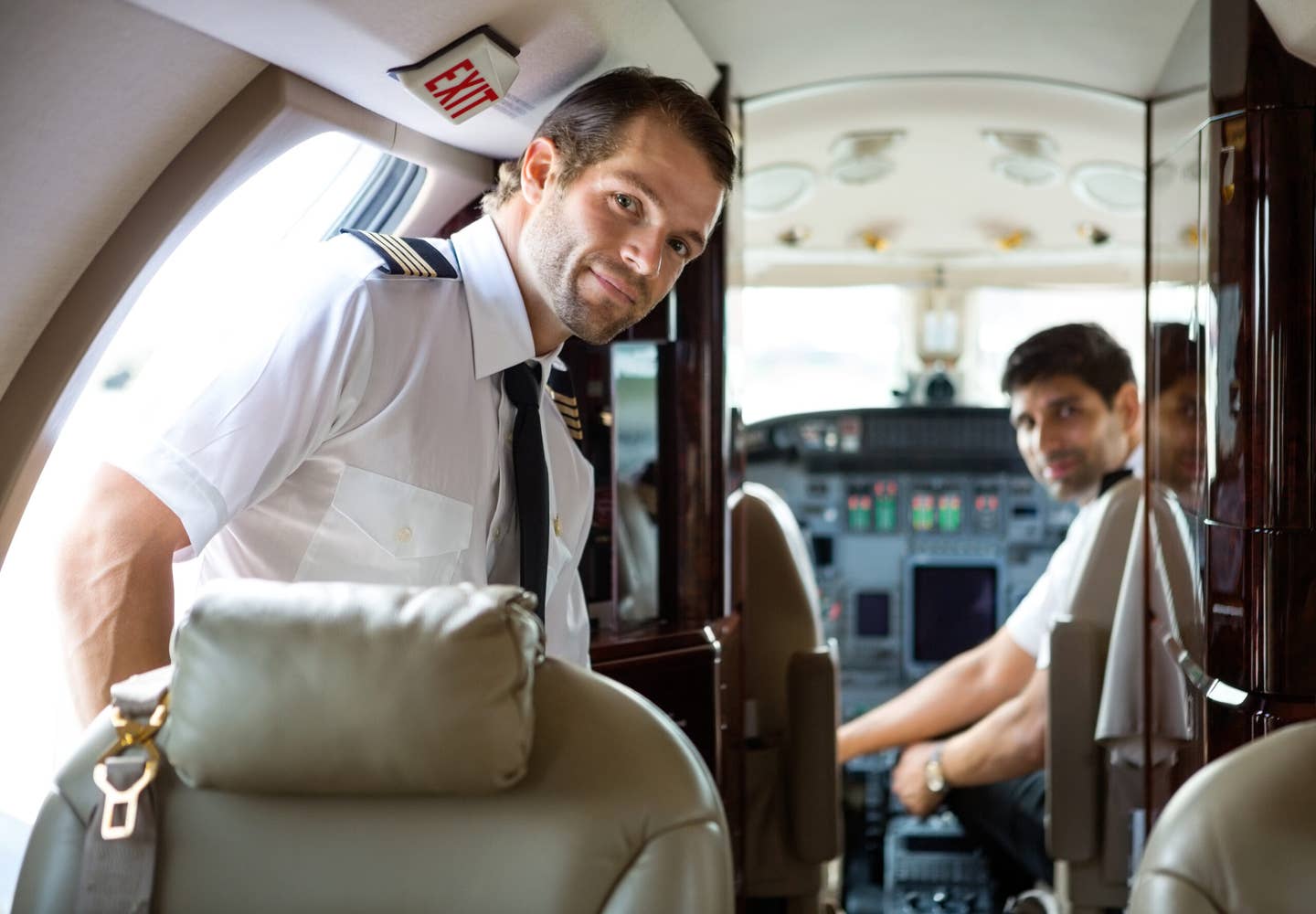
For more pilots than not, becoming a corporate pilot has seemed more obscure than getting a job with the airlines. [File Photo: Adobe Stock]
I recently spoke to a friend, a corporate pilot, who reflected on his career with me, and we landed on the analogy that the search for the right corporate flight job is akin to picking stocks in the financial markets.
Everyone knows the winners, the unicorn departments that they'd like to fly for. But just like expensive stocks they are out of reach—for the most part. Instead, pilots must perform due diligence to find the diamonds in the rough, in the not-so-obvious companies. This searching turns some people away, but those who do it right can string together a remarkable flying career.
As a flight instructor, I regularly urge my students to consider all their options instead of limiting their selection to the airlines, even if the corporate-pilot lifestyle didn't appear to fit them. Many times, I can see that they are open to the idea but struggle with the playbook.
What should freshly qualified pilots consider if they’re looking to go corporate?
Why Don't More Pilots Fly Corporate?
For more pilots than not, becoming a corporate pilot has seemed more obscure than getting a job with the airlines. For one, there are fewer corporate jets flying around, and thus, fewer pilot positions. Though corporate flying will be more eclectic than structured airline flying, the airline pilot’s normal career progression—as compared to that often found in Part 91 or 135 corporate aviation—has appealed to more people than not.
“Corporate flying operates under different rules, as job security directly relates to the underlying business that supports the flight department.”
The job search takes a nonstandard approach as well, and that’s another reason I believe more pilots don't readily become corporate pilots. In times of increased commercial passenger travel, airline recruitment tactics have outshined those of corporate flight departments. Airline recruiters will set up shop in flight schools and training departments, offering pilots conditional job offers on the spot if they meet the requirements.
Even if the lifestyle of an airline pilot doesn't fit a person, it is hard to turn down an open door, especially for an opportunity you've long waited for. Yet, pilots mostly have to go to the source on the other side of the fence and actually knock on that hangar door. However, plenty of corporate job boards exist. Still, traditionally, the best jobs come from whisperings about who knows who, which means pilots who want to become corporate pilots have to be more intentional—and catch those whispers.
Corporate Flying vs. Airline Flying
There are caveats. Airlines are usually prone to be disturbed by significant world events that compromise their lines of revenue, such as oil crises or terrorism, or things that affect passenger sentiments. This explains why airline pilot jobs ebb and flow.
Corporate flying operates under different rules, as job security directly relates to the underlying business that supports the flight department. The volatility is almost tied directly to the stock market's sentiment, and pilots flying for publicly traded companies could find themselves having to pay keener attention to the company's business and sector. There could be more wiggle room for private entities, sole operators, and even charter flying, but the experiences range widely. All this to say, given the flexibility pilots have to choose the proper corporate flying, many factors lay behind the scenes that pilots ought to consider.
Investing in Your Career
To me, the ways to navigate to your chosen career fit the practice of trying to pick the “right stock.” That comes with limits, however, as people with investing experience will counter by saying that it's better to have a diversified portfolio of stocks to hedge your risks.
Pilots who want enduring corporate flying careers will need to look beyond just the equipment they directly operate to the business, sector, and industry they're in. It's a whole other ball game.
What about charter pilots, or those flying for private aircraft owners? The investing principles in this job-picking playbook leave enough room for us to consider those options. We’ll go into much more detail in next week’s column, but if you exercise due diligence, discipline, and patience, you could be the Warren Buffett—known as the Oracle of Omaha for his long-term investing savvy—of your career.
In the meantime, I want to hear from you. Are you a corporate pilot? What were the best job searching principles you leveraged to get to where you are today? What advice would you offer to students looking for a job? If you understand the world of investing, what principles do you think carry over? Send me an email at michael@flying.media, and I'd love to include some of your feedback in my next feature.

Sign-up for newsletters & special offers!
Get the latest FLYING stories & special offers delivered directly to your inbox

